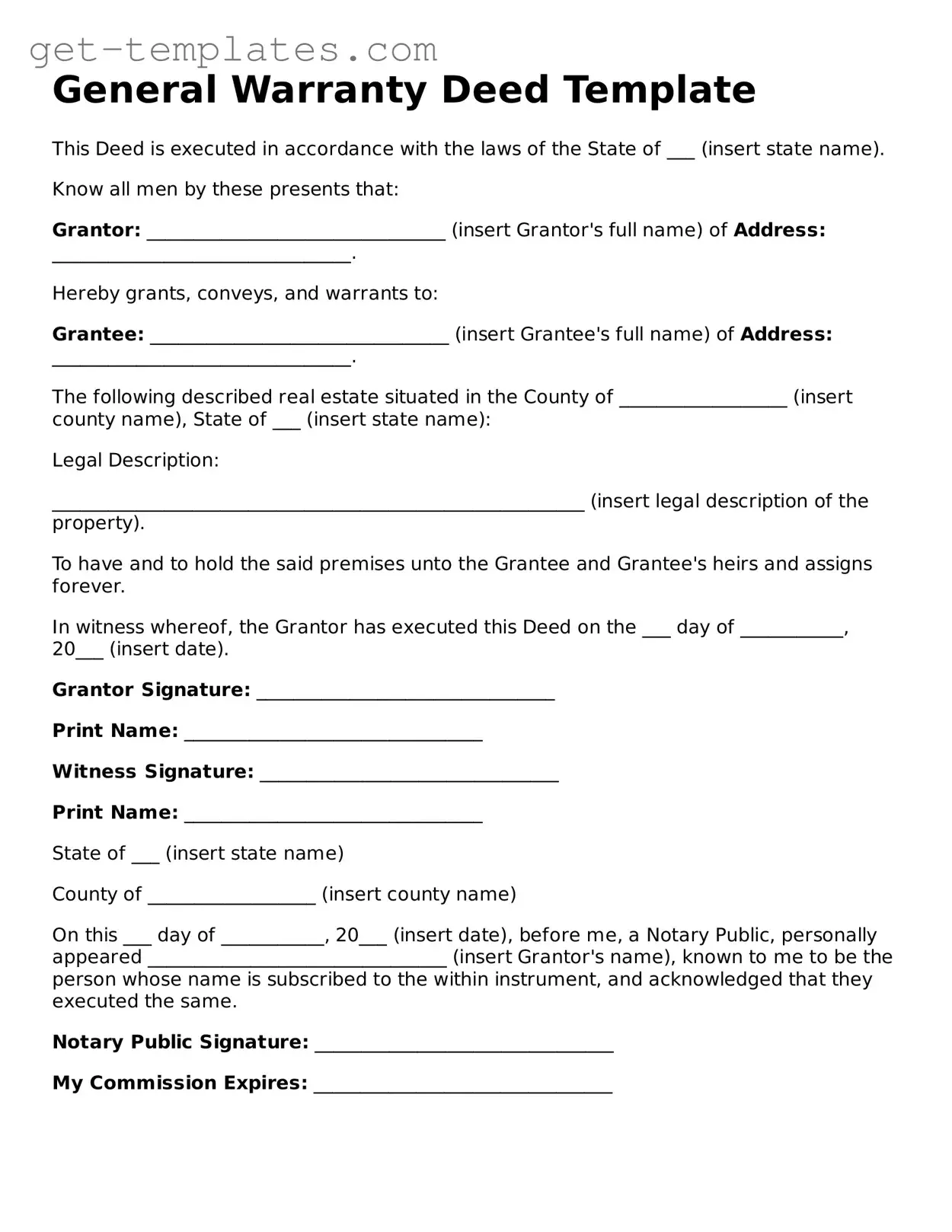Attorney-Approved Deed Form
A deed is a legal document that conveys ownership of property from one party to another. It serves as a formal record of the transfer and outlines the rights and responsibilities associated with the property. Understanding the various types of deeds and their specific purposes is essential for anyone involved in real estate transactions.
Get Document Online

Attorney-Approved Deed Form
Get Document Online
You’re halfway through — finish the form
Finish Deed online — edit, save, download made easy.
Get Document Online
or
⇓ PDF Form
